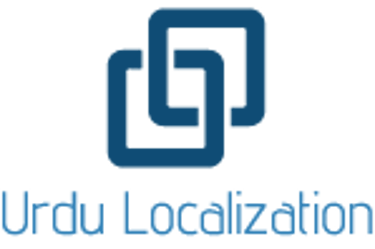
The Role of Urdu Localization in Global Education and E-Learning
2 min read

As online learning expands worldwide, accessibility has become just as important as technology. For millions of Urdu-speaking students, professionals, and educators, accessing knowledge in their native language is not merely a convenience—it is essential for comprehension, retention, and engagement. Urdu translation services and human-powered localization play a critical role in making education inclusive and effective for this vast audience.
Education content goes far beyond words on a page. Lessons often involve specialized terminology, examples rooted in local context, and cultural references that can lose meaning if translated mechanically. Professional Urdu translators ensure that complex academic material—whether in medicine, engineering, law, or other technical fields—is both accurate and culturally adapted. By considering the learning style of native Urdu speakers, translators make content understandable, relatable, and actionable, creating a more inclusive learning environment.
E-learning platforms benefit significantly when they integrate Urdu localization services. Navigation menus, course instructions, video subtitles, and interactive exercises all need to be adapted to feel intuitive for Urdu speakers. Human Urdu translators, combined with Urdu editing services, ensure that the entire learning journey is seamless, removing language barriers that might otherwise discourage course completion. Learners are able to focus on mastering concepts rather than decoding poorly translated instructions.
Accuracy is crucial in education, where errors can have serious consequences. Institutions and online platforms rely on Urdu proofreading services and post-translation editing to guarantee that course materials are correct and culturally appropriate. This combination of translation, editing, and cultural adaptation ensures that students receive reliable information, whether preparing for exams, professional certifications, or career advancement. Quality assurance is a cornerstone of effective Urdu content localization.
Localized educational content also opens doors to broader opportunities. Universities, distance learning platforms, and e-learning startups that offer courses in Urdu can connect not only with learners in Pakistan but also with Urdu-speaking communities in India, the Middle East, the United Kingdom, and North America. Providing content in Urdu demonstrates a commitment to inclusivity, builds trust, and can significantly increase enrollment. For many students, learning in their first language transforms access to education and enhances long-term outcomes.
Even as AI-driven learning platforms grow, human Urdu translators remain indispensable for maintaining accuracy and cultural nuance. Technical subjects, soft skills training, and professional development programs all require careful adaptation to ensure clarity and relevance. Localized content helps Urdu-speaking learners feel fully included, ensuring that digital classrooms are equitable and accessible. In an increasingly globalized education landscape, expert Urdu localization continues to play a pivotal role in breaking language barriers and fostering meaningful learning experiences.
